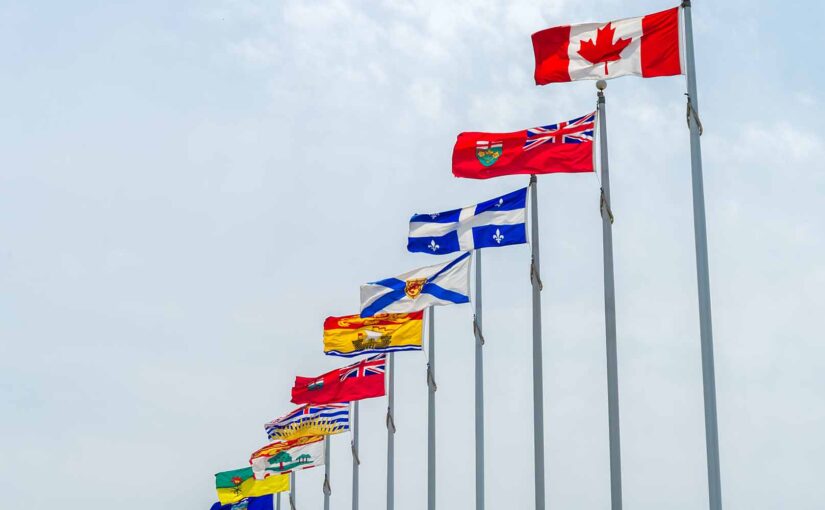Search this article on Google: Q: How does the Canada-Colombia Free Trade Agreement impact my ability to work or invest in Canada as a Colombian citizen?
As a Colombian citizen, the Canada-Colombia Free Trade Agreement may impact your ability to work or invest in Canada in a variety of ways. Here is a concise list of these potential effects:
- Increased Investment Opportunities
- The agreement eliminates tariffs on many types of goods, benefiting Colombian business owners who export to Canada.
- Due to regulatory certainty and improved access to Canadian markets, the prospects for Colombian investment in Canada has improved.
- Colombian business owners could have easier access to Canadian technology and expertise as a result of more open trade channels.
- Work Mobility
- The agreement might provide specific provisions for Colombian professionals and businesspersons to work in Canada.
- However, immigration law is complex and specific, and the immigration process must be completed regardless of the trade agreement’s provisions. This may require assistance from skilled immigration lawyers.
- Investor Protections
- The agreement has Investor-State dispute settlement provisions, which provide Colombian investors in Canada with a mechanism to resolve disputes with the Canadian government.
- This provides Colombian investors with an extra layer of protection for their investments in Canada.
- Limits and Considerations
- Even with the free trade agreement, Colombian citizens are still subject to Canadian immigration law. This means that Colombian citizens must still apply for work permits or immigrant status and meet all the legal requirements.
- The free trade agreement facilitates economic activities between the two countries but does not guarantee successful immigration or investment.
- Consulting Legal Professionals
- Even though the agreement offers advantages for Colombian investors and workers, it is always advisable to consult with seasoned immigration lawyers for comprehensive understanding and guidance in investment and work-related immigration.
- LexLords Canada Immigration Lawyers are well-versed in the nuances of immigration law and can provide tailor-made solutions to help Colombian citizens navigate the Canadian legal landscape efficiently.
In conclusion, while the Canada-Colombia Free Trade Agreement has opened avenues for Colombians to work and invest in Canada, navigating the process can seem daunting. However, with effective legal counsel and a thorough understanding of both immigration laws and trade agreements, Colombian investors and workers can successfully establish themselves in Canada.







